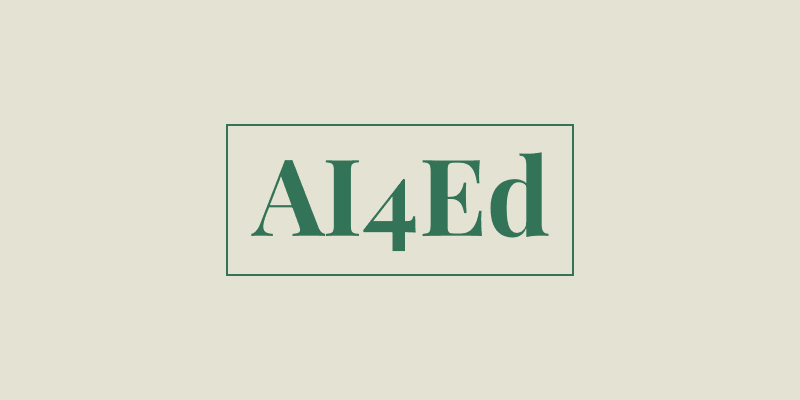
Let's share our experiences
with AI in higher education
innovate, experiment, share
AI IN EDUCATION:
THE URGENCY OF THE NOW
Real-world applications, challenges,
and lessons for educators.
AI IS ALREADY IN OUR CLASSROOMS.
So the real question is: “what are we doing to shape AI’s role in education today, and how are we preparing the future of teaching and learning?”Authors: Leonardo Caporarello, Alessio Maria Braccini, Mairead Brady, Peter T. Bryant, Alain Goudey, José Gerardo Herrera, Bruce Hiebert, Mohammad Keyhani, Filippo Martini, Paulo Marzionna, Steve Muylle, Yadvinder S. Rana, Ruchi Sinha, Michelle Sisto, Jan Smolinski, Remigiusz Smolinski, Dimitrios Vlachopoulos.
ABOUT THE BOOK
Artificial Intelligence is already in classrooms and universities worldwide.
The real question is not if AI belongs in higher education, but how educators and institutions can guide its use to reshape teaching and learning for the better.
This book brings together 15 real-world cases of AI in higher education, with contributions from leading scholars across Europe, Asia, and North America. These chapters document what is happening now: successes, failures, and lessons learned.
Organized around five key themes—strategic integration, innovative pedagogy, student engagement, experiential learning, and assessment—the book offers practical, low-risk, high-impact practices that can be adapted in any course or program.
Inside you will discover how:
- Students become co-creators of learning, building their own AI tutors, chatbots, and learning agents.
- Faculty redesign teaching practices using generative AI for role-play, simulations, and interactive engagement.
- AI literacy is embedded into curricula, aligned with Bloom’s Taxonomy and the UNESCO AI Competency Framework.
- Assessment and feedback evolve with AI-powered peer review, formative feedback engines, and autonomous agents for scalable competency evaluation.
- Executive and lifelong learning benefit from AI coaching experiments that foster reflection, skills development, and professional growth.
- Institutional strategies address governance, ethics, and trust while mitigating risks such as bias, over-reliance, and cognitive deskilling.
The message is clear: AI will not replace educators, it will amplify them. Artificial intelligence becomes a partner, while faculty remain leaders, guiding its ethical and creative use to empower students for the AI-enabled world of work.
Ideal for professors, instructional designers, academic leaders, and policymakers, this book provides both inspiration and actionable insights for anyone ready to experiment, reflect, and shape the future of education.
Get in Touch
We'd love to hear your thoughts, questions, or feedback regarding our book and AI in education.
©2025 - Leonardo Caporarello Ed.
